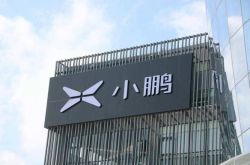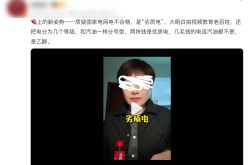The largest auto dealer is in deep trouble, worries and sorrows of the richest man in Xinjiang
![]() 06/28 2024
06/28 2024
![]() 590
590
The automotive industry has entered a period of deep restructuring, and many automakers abandoned by the times are struggling to survive. In addition, the auto dealership sector has also undergone significant changes, even the largest dealer in China is deeply troubled and facing the life-and-death crossroads of delisting.
Behind this, it reflects the worries and sorrows of the richest man in Xinjiang.
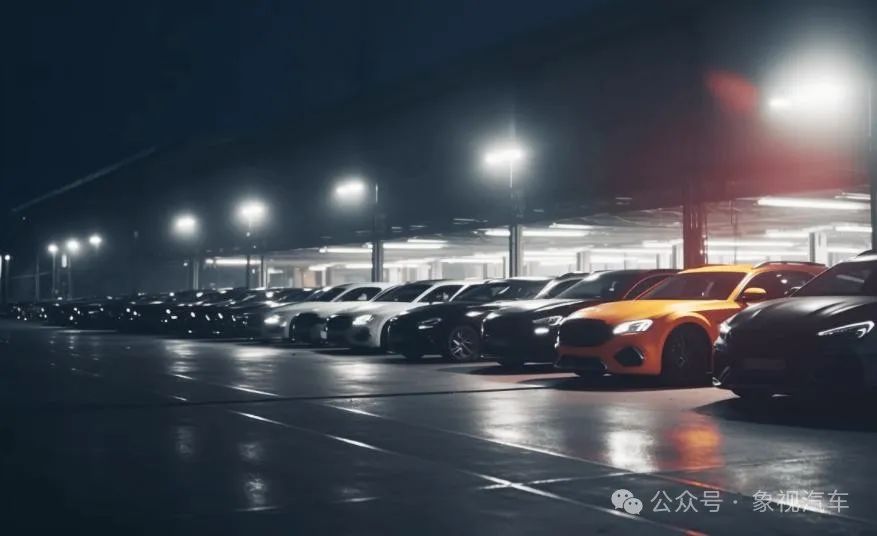
1. The life-and-death crossroads of Guanghui Auto
On the evening of June 20, Guanghui Auto announced that the closing price of the company's stock on that day was 0.98 yuan per share, which was below 1 yuan for the first time. After the announcement was released, Guanghui Auto's stock price was sealed at the limit down for three consecutive trading days.
According to the rules of the exchange, if the "daily closing price of the stock is below 1 yuan for 20 consecutive trading days," it will be terminated from listing on the Shanghai Stock Exchange due to triggering the trading-related mandatory delisting scenario.
Compared to its high point in 2017, Guanghui Auto's current stock price has fallen by more than 90%.
The continuous decline in Guanghui Auto's stock price has highlighted the risk of equity pledge of its controlling shareholder, Guanghui Group.
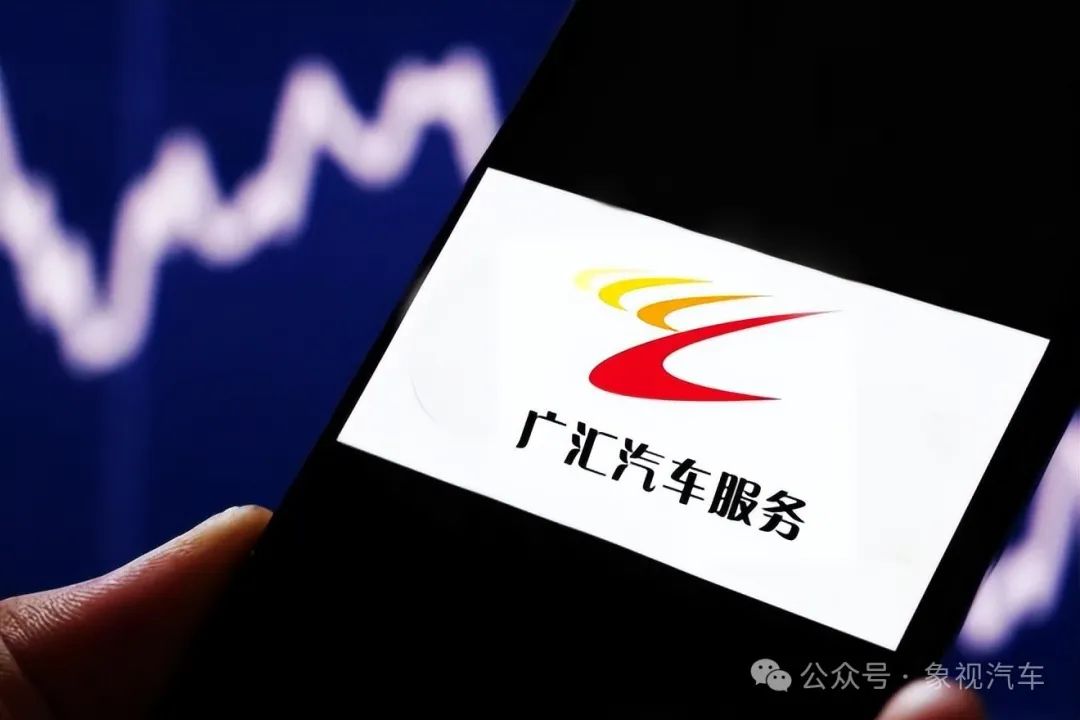
Data shows that Guanghui Group has pledged a cumulative total of 1.655 billion shares of the company, accounting for 62.76% of its holdings and 20.41% of the company's total share capital.
In the middle of last year, "the first auto dealer" Pangda Group had to announce bankruptcy restructuring due to operational difficulties, equity freezes, and liquidity crises, and received the Shanghai Stock Exchange's "decision to terminate listing," ultimately being officially delisted on June 30, 2023.
Pangda Group's bankruptcy and delisting sounded the alarm for Guanghui Auto. Now, Guanghui Auto seems to be following in Pangda Group's footsteps, facing the risk of being forcibly delisted.
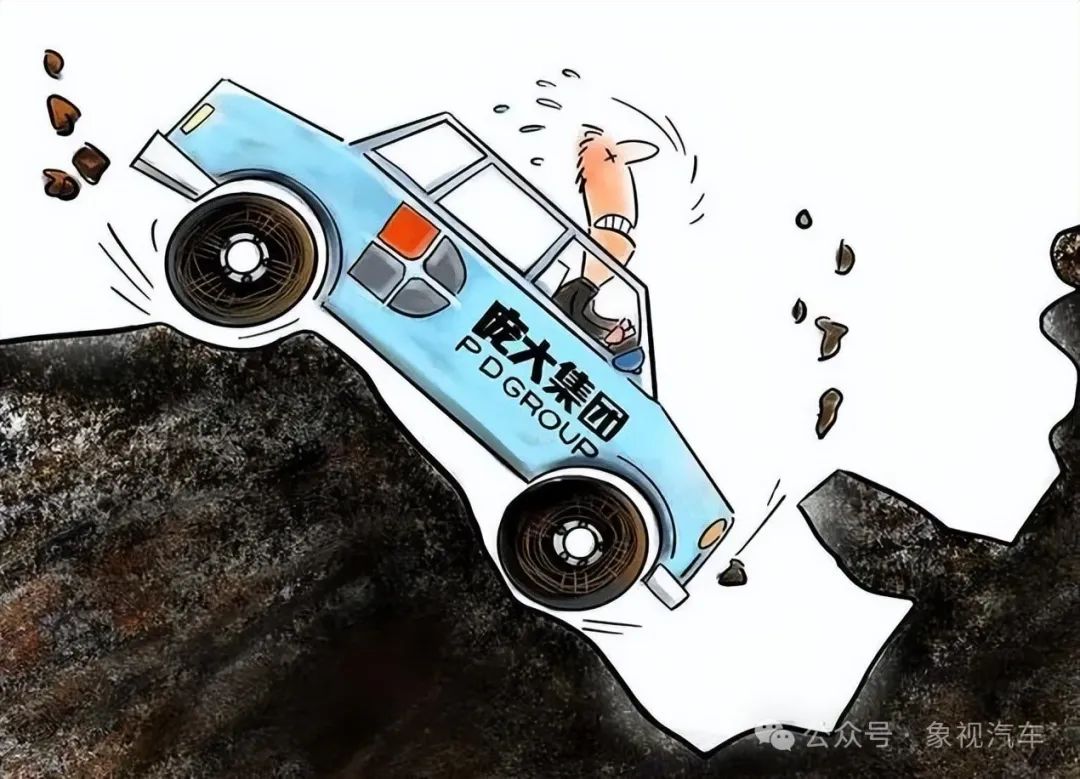
2. The largest dealer is in trouble
Founded in 1999, Guanghui Auto has a long history of two to three decades. In its early days, Guanghui Auto focused mainly on mainstream mid-to-high-end brands such as Toyota, Honda, and General Motors.
In 2016, Guanghui Auto acquired Baoxin Auto, Dalian Zunrong, etc., significantly expanding its scale while also deploying in the automotive finance leasing and used car markets.
According to data from the China Automobile Dealers Association, in 2023, Guanghui Auto generated revenue of 133.544 billion yuan, ranking second in the industry after Zhongsheng Group.
However, from a sales perspective, Guanghui Auto sold 716,167 vehicles last year, surpassing Zhongsheng Group and becoming the largest auto dealer in China.
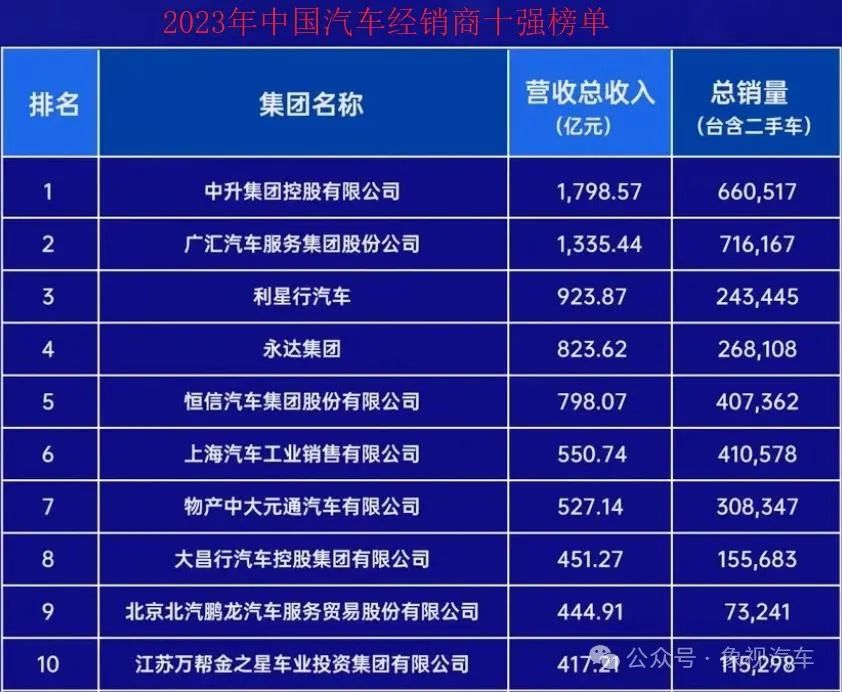
Although it occupies a leading position in the industry, Guanghui Auto's performance has been declining. Since 2018, Guanghui Auto's revenue and net profit have been almost consistently downward.
Especially in 2022, Guanghui Auto suffered a net loss of 2.719 billion yuan, representing a year-on-year decline of 232.89%.
In the first quarter of this year, revenue was 27.79 billion yuan, a year-on-year decline of 11.49%; net profit was 70.9405 million yuan, a year-on-year decline of 86.61%.
At the same time, financial pressure is also significant. As of the end of the first quarter of this year, total liabilities were 69.254 billion yuan, of which short-term borrowings reached 30.463 billion yuan, but the monetary funds on the balance sheet were only 8.336 billion yuan.
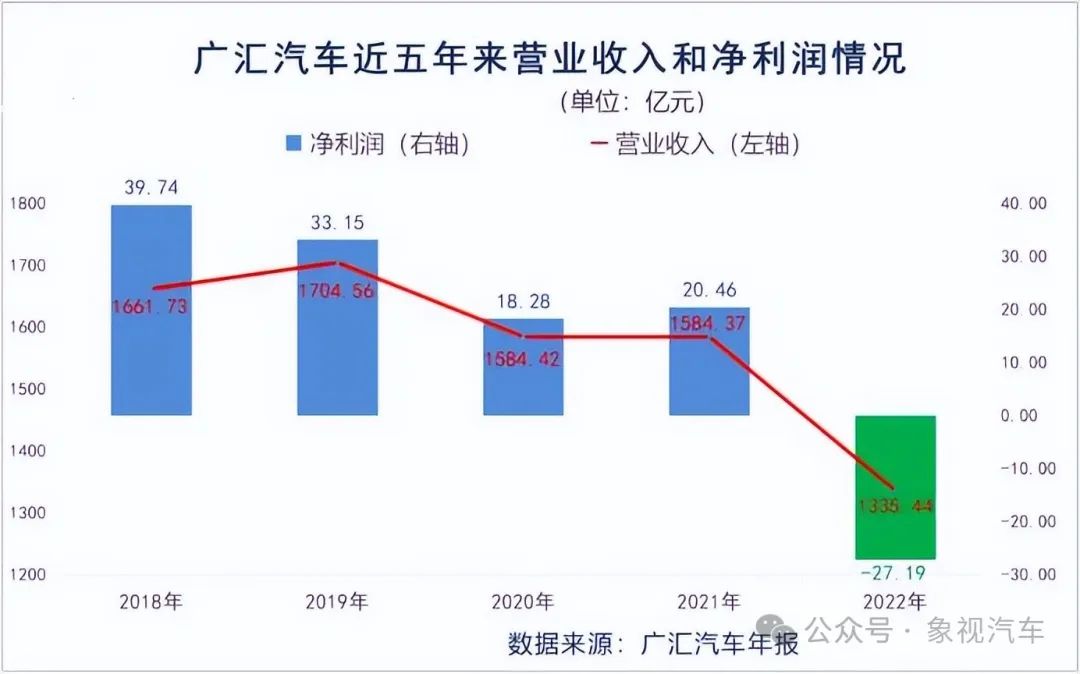
3. Worries and sorrows of the richest man in Xinjiang
Guanghui Auto belongs to the "Guanghui Group," which was founded by Sun Guangxin, the richest man in Xinjiang.
Born in Urumqi in 1962, Sun Guangxin joined the military after failing the college entrance examination. After demobilization, he started a business, founding Guanghui Industry and Trade with a starting capital of 3,000 yuan and earning his first pot of gold by selling bulldozers.
Later, Sun Guangxin gradually entered the oil, real estate, automotive, and clean energy industries, building a vast "Guanghui Group."
As early as 2002, he topped the Forbes China Rich List with a net worth of US$600 million, becoming the "richest man in Xinjiang" and holding this title for more than 20 consecutive years.
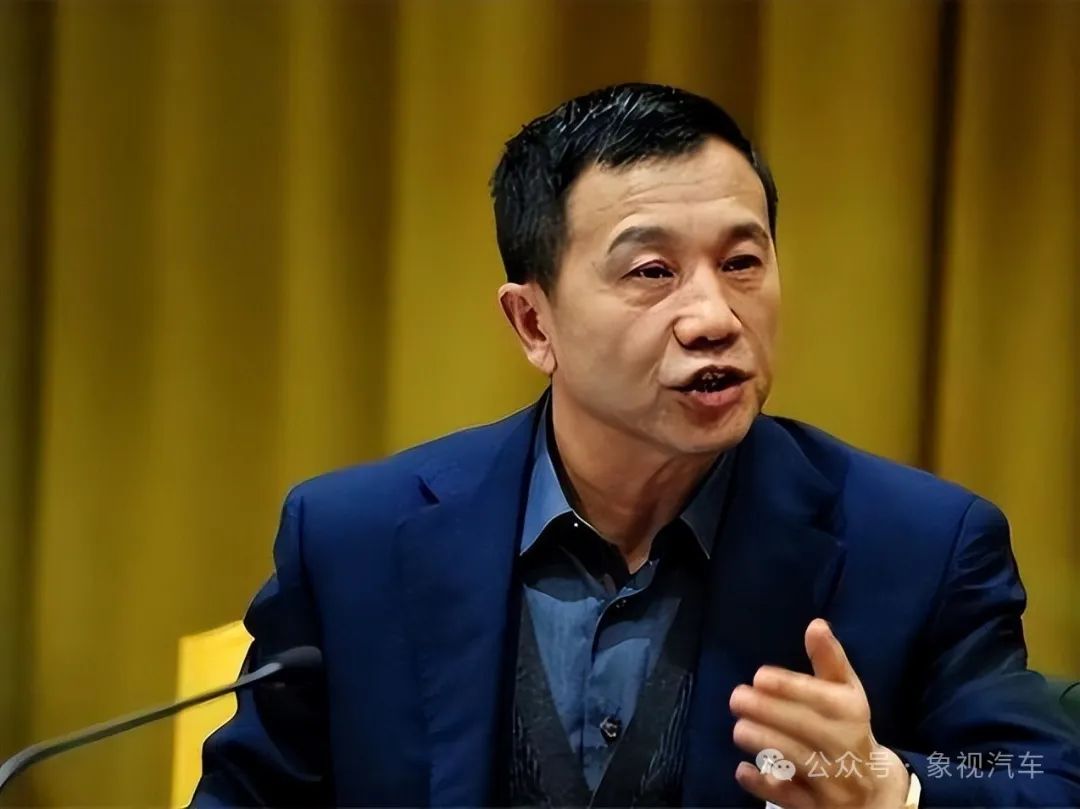
Of course, Guanghui Auto's decline is not entirely Sun Guangxin's responsibility but is closely related to the dramatic changes in the entire auto dealership industry.
As the automotive industry transitions from fuel vehicles to new energy vehicles, the traditional 4S development model that has dominated the market for more than two decades is facing unprecedented challenges.
In recent years, the automotive distribution industry and dealers have entered a period of profound adjustment, and many companies are struggling.
According to the "2023 National Auto Dealer Survival Status Survey Report" by the China Automobile Dealers Association, only 27.3% of dealers achieved their annual sales targets last year, and the proportion of dealers suffering losses reached 43.5%.
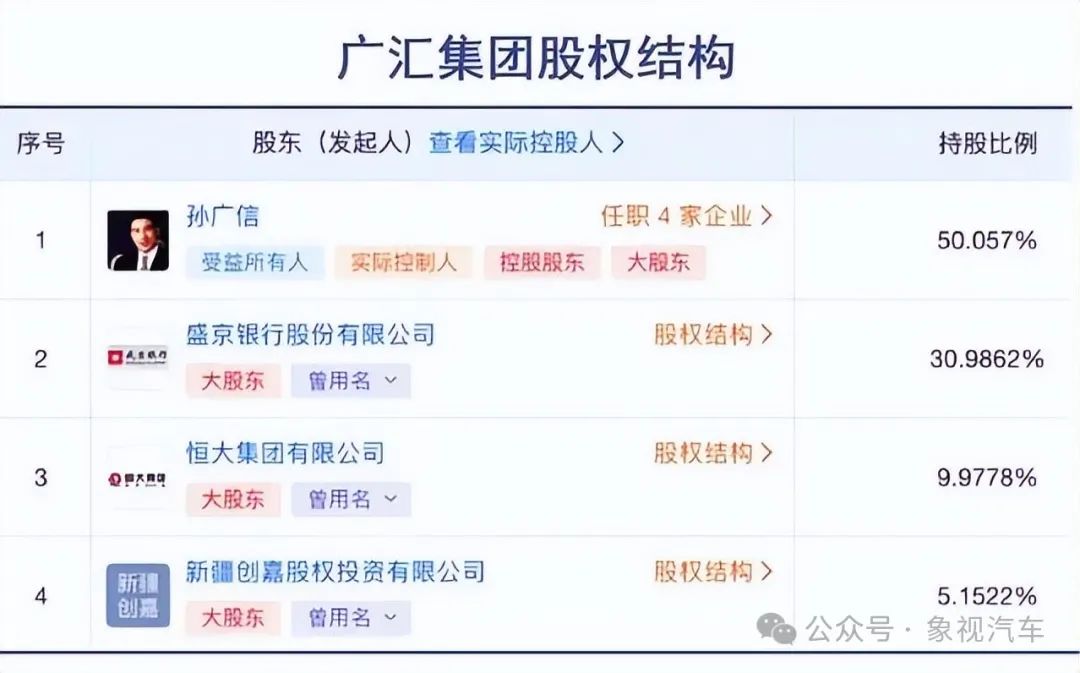
However, it is worth noting that in addition to Guanghui Auto, many listed companies under Sun Guangxin's umbrella are also facing varying degrees of challenges.
The stock price of Hong Kong-listed Guanghui Baoxin has fallen into the "penny stock" category, with the latest share price at only HK$0.169; the stock price of Guanghui Logistics hovers around 5 yuan, reaching a new low in recent years, and was also investigated by the Securities and Futures Commission in April this year;
In the first quarter of this year, Guanghui Energy generated revenue of 10.041 billion yuan, a year-on-year decline of 49.44%; net profit attributable to shareholders was 807 million yuan, a year-on-year decline of 73.15%.
We will wait and see whether companies like Guanghui Auto can rebound from the bottom and whether Sun Guangxin can lead the "Guanghui Group" to create new glories and defend his honor as the richest man in Xinjiang.



